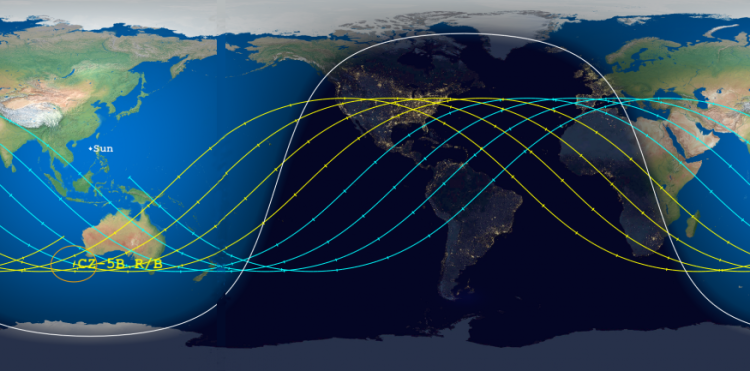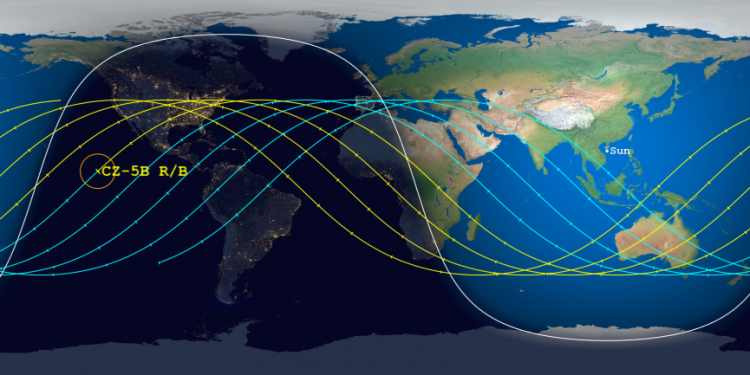Japan passes law protecting property rights in space
Japan’s legislature on June 15th approved a new law designed to protect the ownership of the resources private entities extract for profit in space.
Japan’s legislation is similar to provisions in the Commercial Space Launch Competitiveness Act, passed by the U.S. Congress and signed into law by President Obama in 2015. That law grants U.S. companies rights to resources that they extract, but not property rights to celestial bodies, which would run afoul of the Outer Space Treaty. Luxembourg and the United Arab Emirates have since passed similar legislation.
All four countries are signatories of the Artemis Accords, which endorses the ability to extract and use space resources. “The Signatories affirm that the extraction of space resources does not inherently constitute national appropriation under Article II of the Outer Space Treaty, and that contracts and other legal instruments relating to space resources should be consistent with that Treaty,” the accords state.
Both Russia and China oppose such legislation, as well as the Artemis Accords, which have now been signed by eleven countries.
What this growing alignment of opposing sides means for future space operations by private companies is unclear, though it suggests these two countries will not honor those private property rights, which in turn suggests this legal disagreement is eventually going to lead to physical conflict in space.
Japan’s legislature on June 15th approved a new law designed to protect the ownership of the resources private entities extract for profit in space.
Japan’s legislation is similar to provisions in the Commercial Space Launch Competitiveness Act, passed by the U.S. Congress and signed into law by President Obama in 2015. That law grants U.S. companies rights to resources that they extract, but not property rights to celestial bodies, which would run afoul of the Outer Space Treaty. Luxembourg and the United Arab Emirates have since passed similar legislation.
All four countries are signatories of the Artemis Accords, which endorses the ability to extract and use space resources. “The Signatories affirm that the extraction of space resources does not inherently constitute national appropriation under Article II of the Outer Space Treaty, and that contracts and other legal instruments relating to space resources should be consistent with that Treaty,” the accords state.
Both Russia and China oppose such legislation, as well as the Artemis Accords, which have now been signed by eleven countries.
What this growing alignment of opposing sides means for future space operations by private companies is unclear, though it suggests these two countries will not honor those private property rights, which in turn suggests this legal disagreement is eventually going to lead to physical conflict in space.




